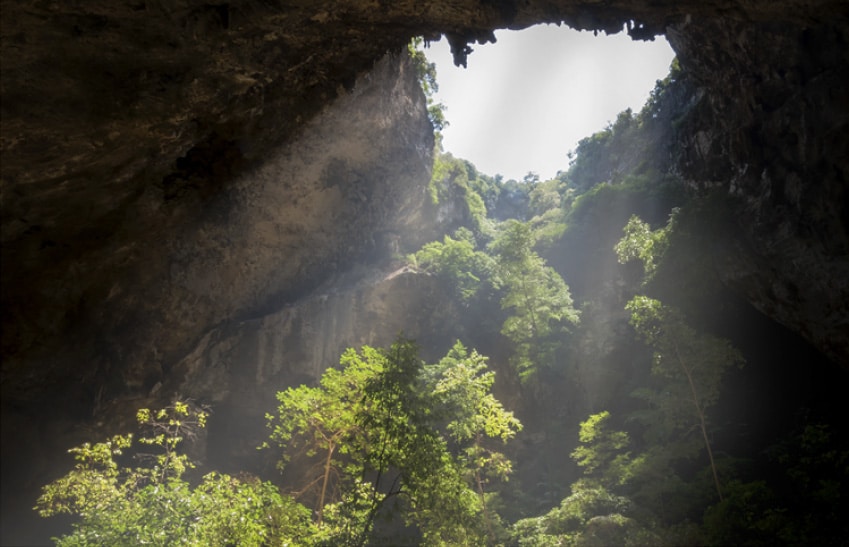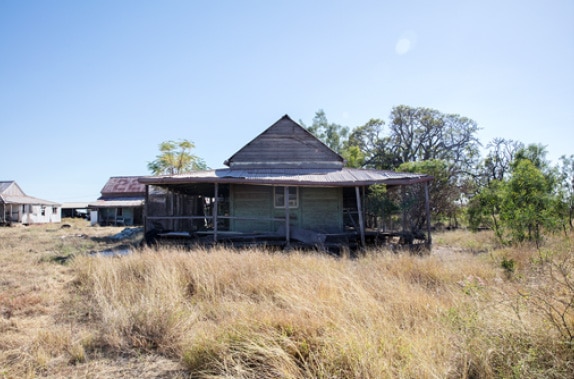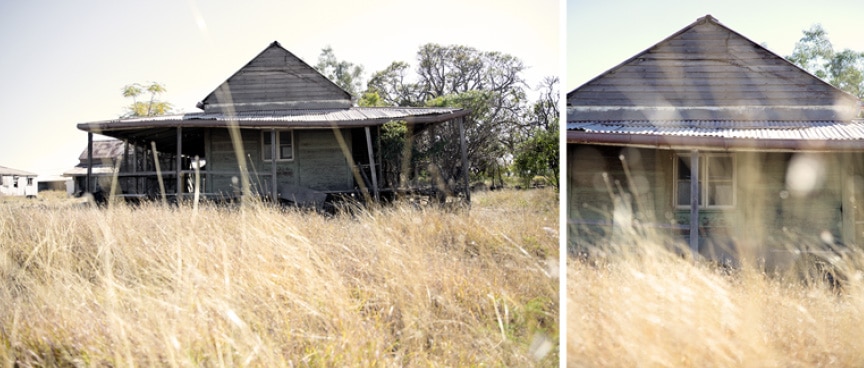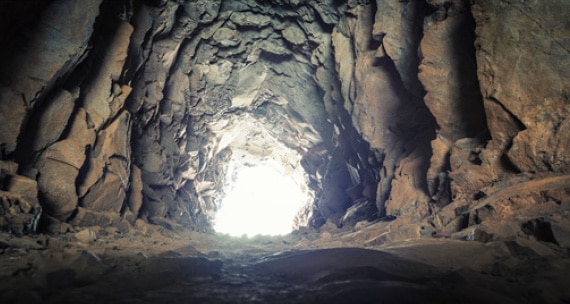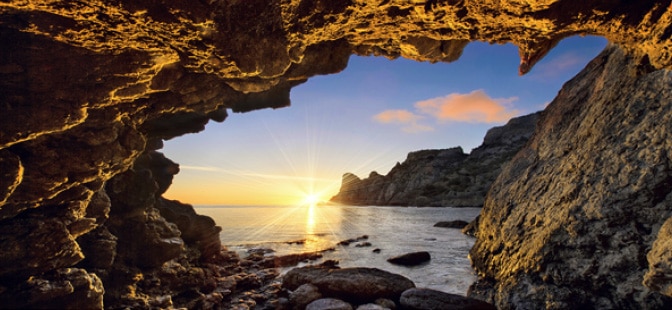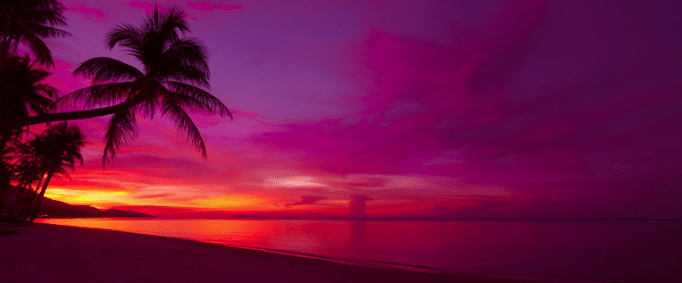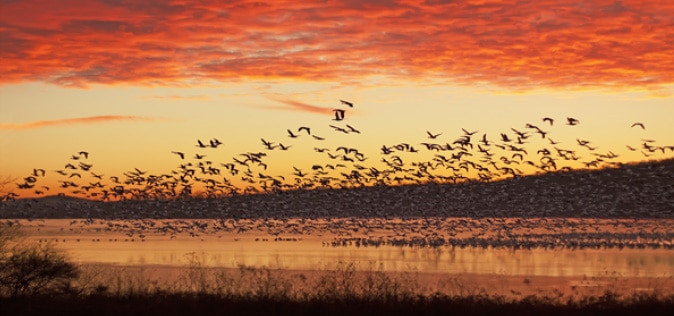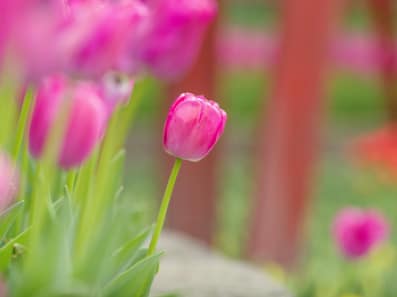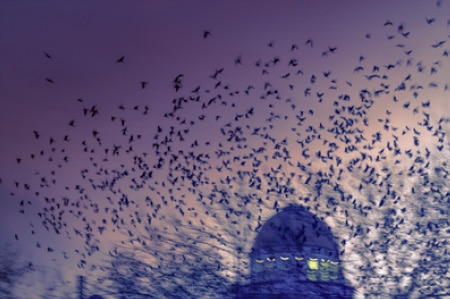One way to improve your photography is to question why you take photos.
No doubt when you look through images on your mobile phone, it will be full of snaps you’ve taken and rarely looked at again! Pretty sunsets, cute animals, meals you’ve enjoyed. We are a snap happy society nowadays, taking shots of everything we see. That’s the great thing about mobiles. It’s quick, easy, and the files don’t take a lot of hard drive space.
I’d like to think that we pull the DSLR out of the bag for a much better purpose. Are you going to share the images you photographed today, or are they destined to live in purgatory on an external hard drive? A few simple questions will help you think differently and improve your DSLR photography.
The number one question to ask is ‘Why are you taking this photo’?
Your answer to this question will help determine your camera settings and composition. For example, if I’m photographing a sunset to add to my collection of skies that I’ll use for editing composite images, I’ll set f/13 aperture to capture a wide depth of field.
If I’m photographing an animal that I plan to use as a composite image later on, I’ll want the whole animal in sharp focus. When I’m not using it as a composite, then I might want to use a creative blur on part of the body to make the image more interesting.
If your intention is to share it on Facebook or Instagram, then think about how your image is going to stand out against the hundreds of others in the same genre. You may need to use a long shutter speed to slow down the motion of the clouds or foreground water, just to make it different.
Where is the light coming from?
Long time photographers understand that a photo is nothing without light. It is what makes an image look three dimensional. Once you notice where the light is coming from, you can work it into your composition. Understanding and then using the available light, is a huge step to improve your photography
If the light is flat and uninteresting, maybe you can return at a different time of the day? Of course if you are traveling there isn’t always an option to come back at another time of day.
However around your home town, I recommend looking at scenes early morning and late evening as the sunlight dances across the sky.
Ask yourself. Is this the best angle for the message I’m trying to convey?
If you are pressed for time, sure, take that shot and move on. But if you can, take time to think about what you are trying to communicate. Trying different angles can help you achieve the shot you want.
Take these images below for example.
The message I was wanting to communicate was how dry the grass was in the foreground. In the first image, a viewer could easily mistake the message, thinking it was about the old shack. Thinking about the shot a little more, I changed angle and shot much closer to the grass to try and communicate the message better.
Will my Camera Capture the Full Dynamic Range?
While our eyes are able to see details in scenes that contain both light and shade, cameras still have a lot of catching up to do.
Have you taken a photo of a landscape, that has shade in the foreground, only to find the highlights in the background are badly blown out?
If the scene contains too much dynamic range, (bright highlights / dark shadows), then you need to consider what to do with it. Do you want to expose for the highlights, the shadows or in between the two? Any of these choices will sacrifice the details in the opposite selection.
Or alternatively. Can you take one shot for the highlights and another for the shadows, then merge them into a HDR image later on in post processing?
These questions need to be asked while you are photographing the scene in front of you.
Should I use a tripod?
There may be times that you stopped shooting because the sun has set, the light is fading, and you’ve already maxed out the ISO as high as you are comfortable with. But wait! The colours in the sky are still brilliant and there are plenty of images yet to capture.
Using a tripod allows you to keep your ISO as low as possible. You need not worry about shutter speed when your camera is on a tripod.
What could happen if I wait?
How many times have you seen a photographer travel to a prime viewing spot, snap their picture and leave? I dare you to think like an artist and not a photographer. Hang around an hour or more in one location. Soak in the scenery and atmosphere.
Even in the quietest of moments, and the stillest of scenes, life keeps moving. While waiting and watching you’ll soon discover another scene that transpires into a wonderful image.
Have I set an appropriate depth of field?
There is no right or wrong answer to this question as it depends on your creative vision for the image. To improve your photography, remember not every photo should be super sharp from front to back. Nor should every background be blurred when shooting a portrait.
Ask yourself, is the amount of objects in focus appropriate for what you are trying to communicate?
For example, if I were to photograph a wedding portrait on one of our beautiful local beaches, chances are the couple chose this location specifically for the scenery. Therefore it is important to ensure the background scenery is somewhat in focus as well as the couple.
There are definitely times where a strategic blur will help highlight the subject.
Do I want to show intentional movement blur?
Slowing down the shutter speed and creating intentional movement can take a photo from average to WHOA!
It’s entirely your choice. Ask yourself these basic questions before pressing the shutter button and you will be guaranteed to improve your photography 100%.
